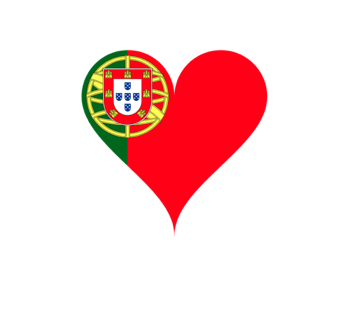
Portugal is a sovereign state, located in the Iberian Peninsula, on the Southwestern extreme of Europe. It’s one of the most ancient nations in Europe, founded nine centuries ago.
Since pre-historic times, what is currently the Portuguese territory has been continuously settled, invaded and fought over by numerous ethnic groups, such as Lusitanians, Celts, Carthaginians, Romans, Visigoths, Suebi and Moors.
In the 15th and 16th centuries, by means of maritime exploration, Portugal established the fist global empire, becoming one of the world’s major economic, political and military powers. During this Age of Discovery, the Portuguese opened a sea route to India, across the coast of Africa, discovered Brazil and performed a circum-navigation.
After this golden era, a series of unfortunate events, such as the destruction of Lisbon during the major earthquake of 1775, the occupation of the country by Napoleonic forces and the independence of Brazil, diminished Portugal of it’s world power.
After the 1910 revolution deposed monarchy, Portugal became a republic, but it was only in 1974, with the Carnation Revolution, that Democracy was restored. This event ended the colonial war and marked the beginning of the end of the empire.
Today, Portugal is a modern, developed country, being a member of European Union since 1986. It’s one of the founding countries of EUROPEA.
Portugal has left a profound cultural and architectural influence across the globe, from south America to Africa, India and the Far-East. Today, over 300 million people speak Portuguese, not to mention Portuguese-based creoles.
But perhaps the most important feature in Portugal is it’s people. Portuguese absorbed all these influences to become welcoming, courageous, resilient and resourceful persons.
Welcome to the month of Portugal!
Text modified from: https://en.wikipedia.org/wiki/Portugal
Image source: https://commons.wikimedia.org/w/index.php?curid=9800725

